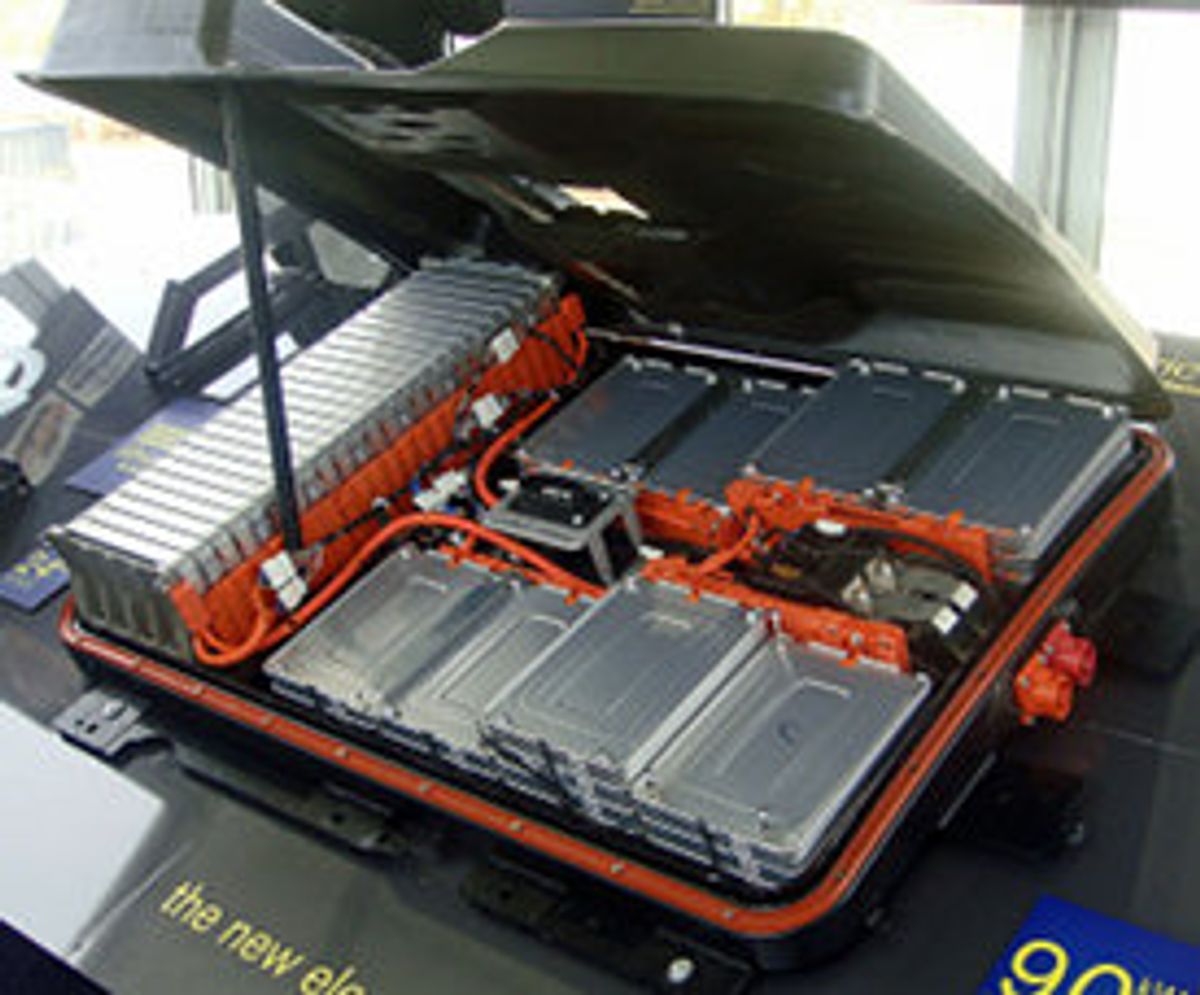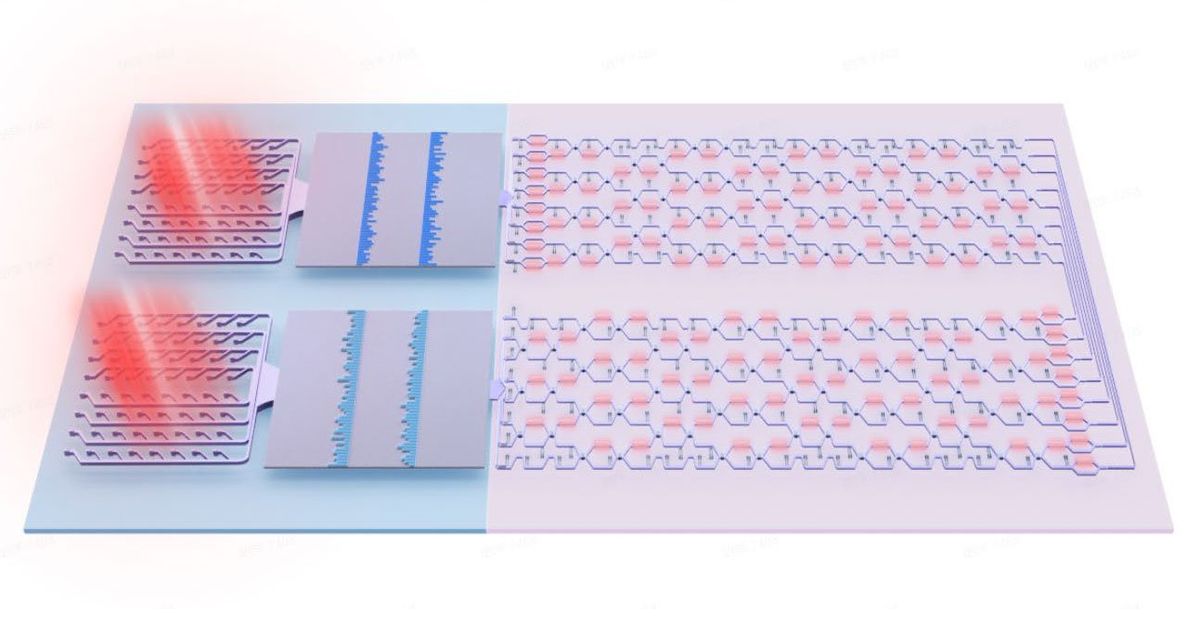Researchers at the University of Illinois published a paper this week in Nature Nanotechnology on a change to the cathode of a battery that allows for rapid charging and discharging without a loss of capacity. They describe it in their abstract as follows:
We demonstrate very large battery charge and discharge rates with minimal capacity loss by using cathodes made from a self-assembled three-dimensional bicontinuous nanoarchitecture consisting of an electrolytically active material sandwiched between rapid ion and electron transport pathways.
The 3-D structure could eventually allow an EV to charge in the amount of time it takes to fill a tank with gas. Senior author Paul Braun said in a story published at ClimateWire and Scientific American that batteries in the lab can be charged in "tens of seconds."
The lithium-ion batteries used in todays EVs generally take hours to charge fully. For example, Nissan says that charging the Leaf (battery pack pictured above) at home will take about seven hours; Chevrolet says the Volt can recharge in about four hours. Charging stations, where existing batteries can be refilled in shorter periods, will need to provide more power if the new battery type's rapid-charge abilities are to be used fully.
(Image via Mario Roberto Duran Ortiz)
Dave Levitan is the science writer for FactCheck.org, where he investigates the false and misleading claims about science that U.S. politicians occasionally make.




